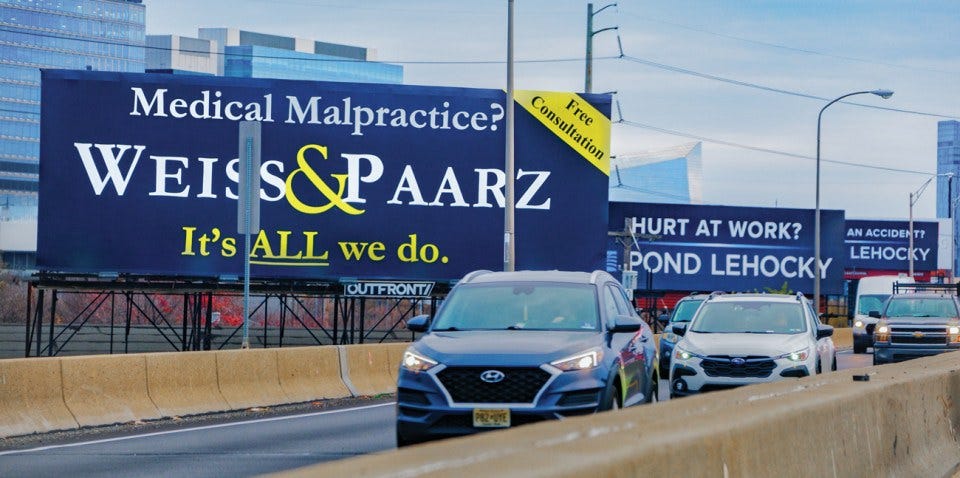How AI in Law Could Transform the Economy
In antiquity, corporations were mainly colleges, guilds and religious institutions. They had their own rules, held property, and perhaps most importantly, managed to live on even as their membership turned over. The first significant business corporations appeared in the 1600s, notably, the Dutch and British East India Companies. They were owned by shareholders and governed by a board. By the 1800s, business corporations modernized. Unlike before, they did not need a state (royal) charter and forming them became easier. Corporations suing each other became a thing, as they asserted property rights and contractual obligations. The concept of the corporate veil developed, to shield shareholders from personal liability.
The Industrial Revolution was enabled by the new institutional and legal frameworks that supported corporations. Without them, the sustained investment and coordination necessary for innovation would not have occurred. In the coming decades, is a new wave of entrepreneurship similarly in the offing? What if AI, used appropriately in our justice system, made dispute resolution quick, accurate, and cheap?
Have you been on a road trip recently? A friend of mine noticed that the billboards along the highway all advertise one of three things—recreational drugs, gambling, and ... take a guess? Personal injury lawyers. There are 165,000 personal injury lawyers in the US, ~15% of all lawyers1 Damages awarded in 2023 amounted to $57B. This is not unique to the USA. The NHS in the UK spends $7B a year resolving medical malpractice.2
In the years they take to resolve, personal injury lawsuits place millions of lives on hold. AI can help expedite the resolution of these cases. It can crunch through documents, do the legal research, and write the motions and briefs that lead to settlements and judgments. As this makes litigation cheaper as well as faster, it can help people with smaller claims and less resources get justice3. And if justice is speedy and effective, parties responsible for unsafe conditions will work harder to improve safety, and there will be less personal injury in the first place.
Now take criminal justice. If Individuals charged with crimes, numbering in the tens of millions annually, get exonerated or convicted more accurately and speedily, this frees up the innocent to go about their lives and contribute to the economy, and holds the the guilty more readily accountable. The latter effect deters law-breaking, an additional salutary outcome.
But this is still just scratching the surface.
Today I got an email from Stripe, my startup's payment processor. Stripe is announcing their "new AI-powered Smart Disputes" service, which "automatically compile[s] evidence and respond[s] to disputes, so you don’t have to spend time fighting them". You see, unpaid invoices amount to some 5+% of .4
There's a 2017 study by Plum Consulting (London) estimating "11.0% of all invoices issued by SMEs are paid late, [...] a total of $1.0 trillion per year. Worse, 7.5% of invoices are eventually written off as bad debt."5 What if these disputes could be resolved quickly and cheaply?
Again, this will have an important indirect effect of deterring would-be fraudsters. In fact, all things considered, fraud elimination might be the most consequential for the economy. Because it would make credit and investment more available to startups and SMEs, increase cross-border transactions and pay-per-use contracts, boost the gig economy since freelancers need not worry about not getting paid, reduce insurance premiums (because less insurance fraud), and encourage high risk ventures (e.g. oil and gas exploration) as insurance payouts happen promptly.
Everyone talks about AI's direct impact on productivity and innovation. But just like upon the arrival of the corporation, it might matter as much that AI improves the way we organize and focus human activity.
What might stand in the way of this utopian vision? Well, it is the very premise we've been taking for granted, that AI will lead to quick and accurate resolution of lawsuits. To assess that premise, we need consider the factors that determine the outcome of lawsuits. Let's take an actual case, a trial I sat in on: the People vs. Daniel Penny.
Upon the conclusion of both sides' closing arguments, the judge took an hour to give the jury instructions. He said that while he is the judge of the law, the jury is the sole judge of the facts. This hearkens back to a refrain I've heard before from lawyers: that what determines outcomes is the law applied to the facts. The judge then explained key terms like "reasonable doubt" and "cause", along with the elements requiring proving for each of the two charges (manslaughter in the 2nd degree, and criminally negligent homicide). Consulting my notes Re: these instructions, they do seem comprehensive and methodical enough for determination by AI.
But I believe there is more to disputes than just the law and the facts. Disputes are between humans, and at their core resides our human sense of fairness. Orbiting this core are other human attitudes, attitudes such as charity and greed, indignation and equanimity, pride and meekness, remorse and mercy. Clearly these play a big role in whether charges are pressed, and what settlements or plea deals are reached.
As human attitudes are not amenable to AI usurpation, there may be limits to speeding up proceedings where they are in play. We shall explore this in our next issue.










